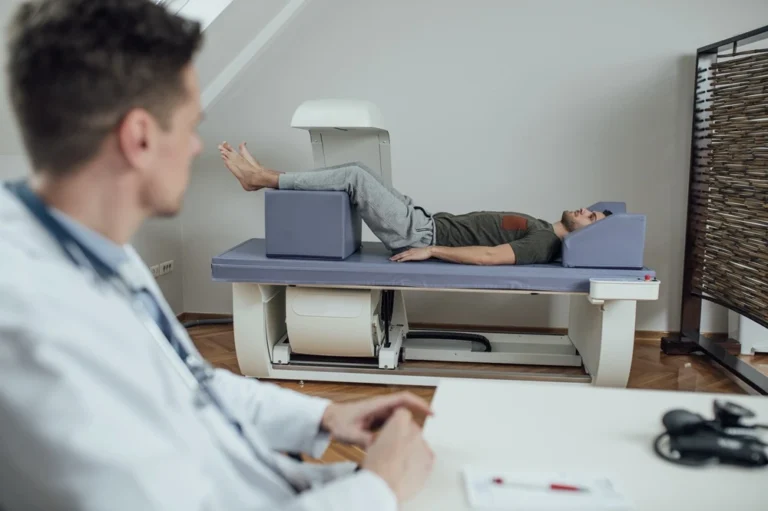When To Seek Professional Help for Chronic Neck Pain

Neck pain affects many people and can disrupt daily life. It often comes from poor posture, muscle strain, or long hours in front of screens. Some cases point to deeper issues that need a doctor’s attention. Knowing when to get help can stop pain from getting worse and speed recovery.
How to Tell If Your Neck Pain Is Chronic
If your neck pain continues for more than 12 weeks, it is considered chronic. The discomfort may present as sharp, dull, or even burning sensations. This pain can also radiate into your shoulders, upper back, or arms, causing further discomfort.
When rest, gentle stretches, and over-the-counter painkillers fail to relieve the pain, you should consult a healthcare professional. Chronic pain often requires treatments beyond home care to manage symptoms effectively. Early medical intervention can help prevent the condition from worsening.
Signs You Should See a Doctor
Be aware of symptoms that require prompt medical attention, especially if neck pain prevents you from working or enjoying daily activities. Numbness, tingling, or weakness in your arms or hands may indicate nerve compression that needs evaluation. Difficulty moving your neck without pain could suggest arthritis or disc-related problems that a doctor should assess.
Pain that radiates from your neck to your arms or back might signal nerve irritation, which can worsen without treatment. Experiencing headaches or dizziness alongside neck pain could point to underlying spine or muscle issues needing professional care. Additionally, if your pain begins after an injury, you should seek medical help as soon as possible.
Common Causes of Long-Lasting Neck Pain
Doctors frequently identify specific causes for chronic neck pain, which can help guide effective treatment options. Herniated discs often press on nearby nerves, leading to pain, numbness, or weakness in the affected areas. Degenerative disc disease gradually wears down spinal discs over time, resulting in stiffness and persistent discomfort.
Osteoarthritis commonly affects the neck joints, restricting movement and causing chronic pain that worsens with activity. Cervical radiculopathy, or pinched nerves, produces sharp pain and muscle weakness that may radiate to the arms. Spinal stenosis narrows spinal spaces, placing pressure on nerves, while muscle strains and myofascial pain syndrome contribute to ongoing muscular discomfort. Additionally, whiplash injuries from sudden neck movements can lead to long-lasting pain and limited mobility.
Find Relief Today
Your doctor will ask detailed questions about your symptoms and medical history to understand your condition better. They will examine your neck’s range of motion and feel for any tender or painful areas. Imaging tests such as X-rays, MRI, or CT scans may be ordered to identify the underlying cause of your pain. Treatment often includes physical therapy to improve strength and flexibility, along with pain medications or injections to reduce discomfort.
Pain in your neck can significantly impact your mood, work performance, and sleep quality if left untreated. Don’t wait until the pain dominates your life before seeking medical advice. If your pain persists for several weeks or gets worse, you should get help promptly. Early intervention can prevent pain from worsening and help you regain a better quality of life.
- What to Expect When Visiting a Foot and Ankle Specialist
- Causes of PTSD
- The Link Between Plantar Fasciitis and Weight Gain: What You Need to Know
- How Pet Ownership Can Positively Impact Life with Fibromyalgia
- The Importance of Stretching and Flexibility in Sports Medicine
Dr. Emma Green is a health and wellness expert with over 10 years of experience in nutrition and fitness. Passionate about helping others live their healthiest lives, Dr. Green shares practical advice on wellness, nutrition, and sustainable living through LivingSpristine.






